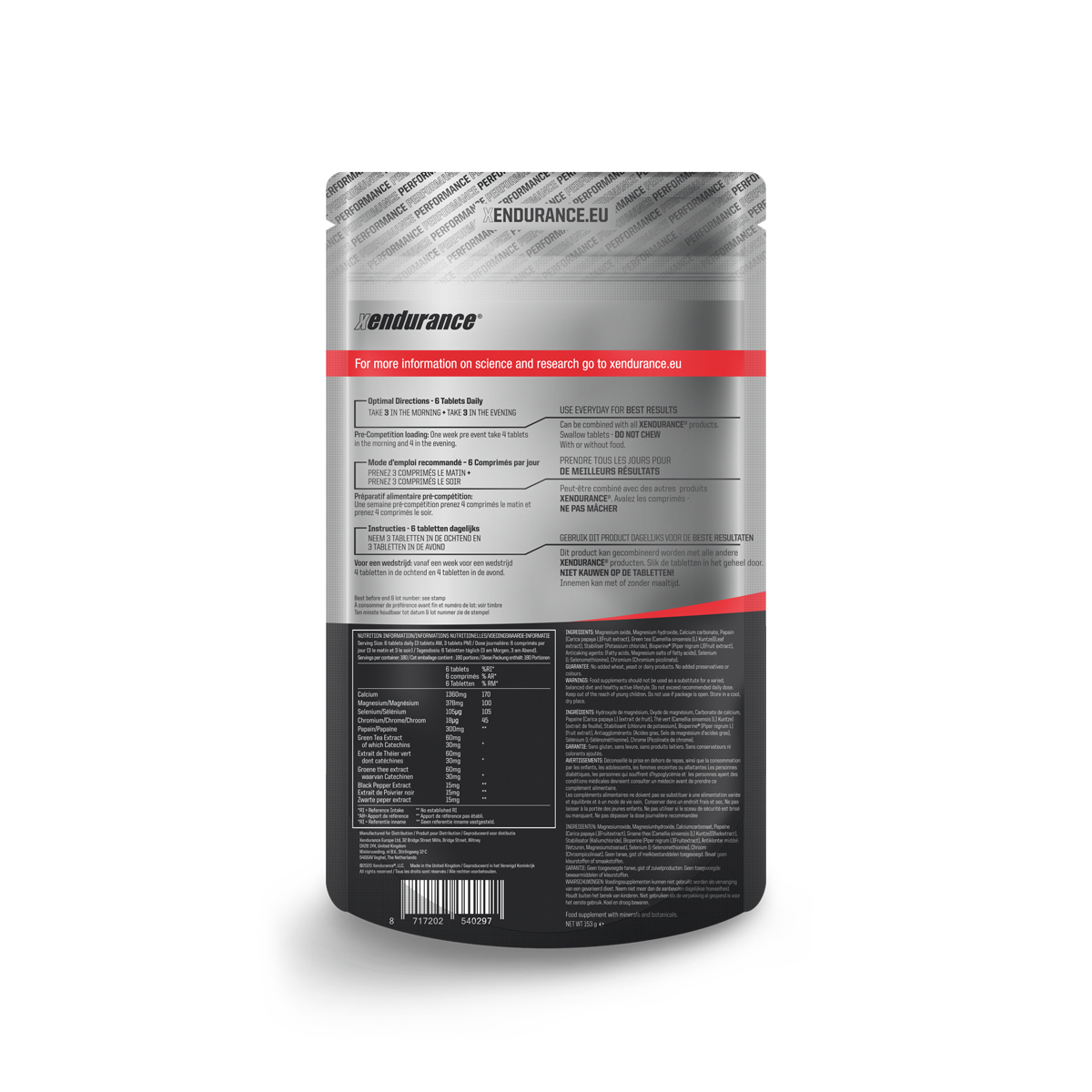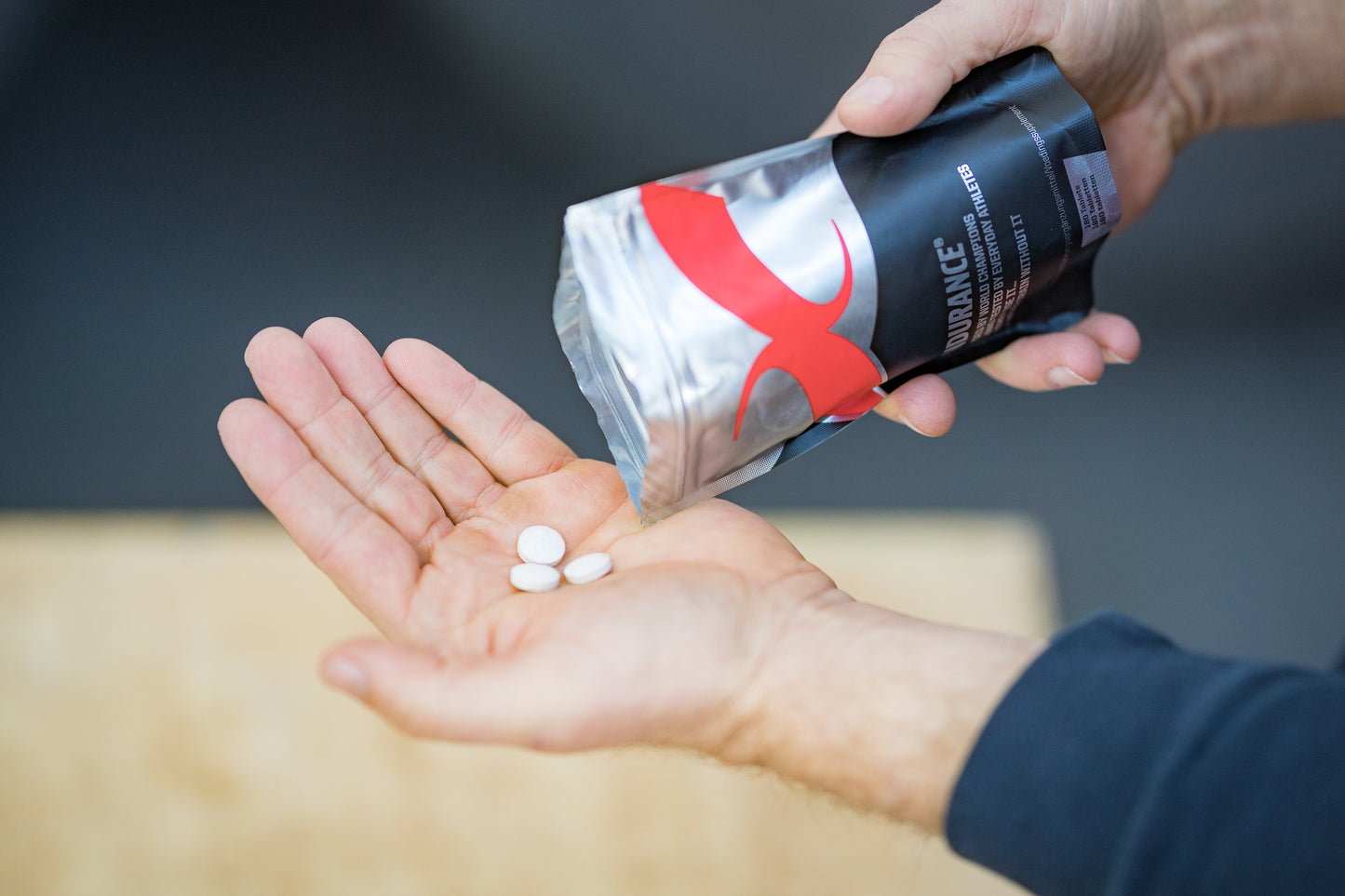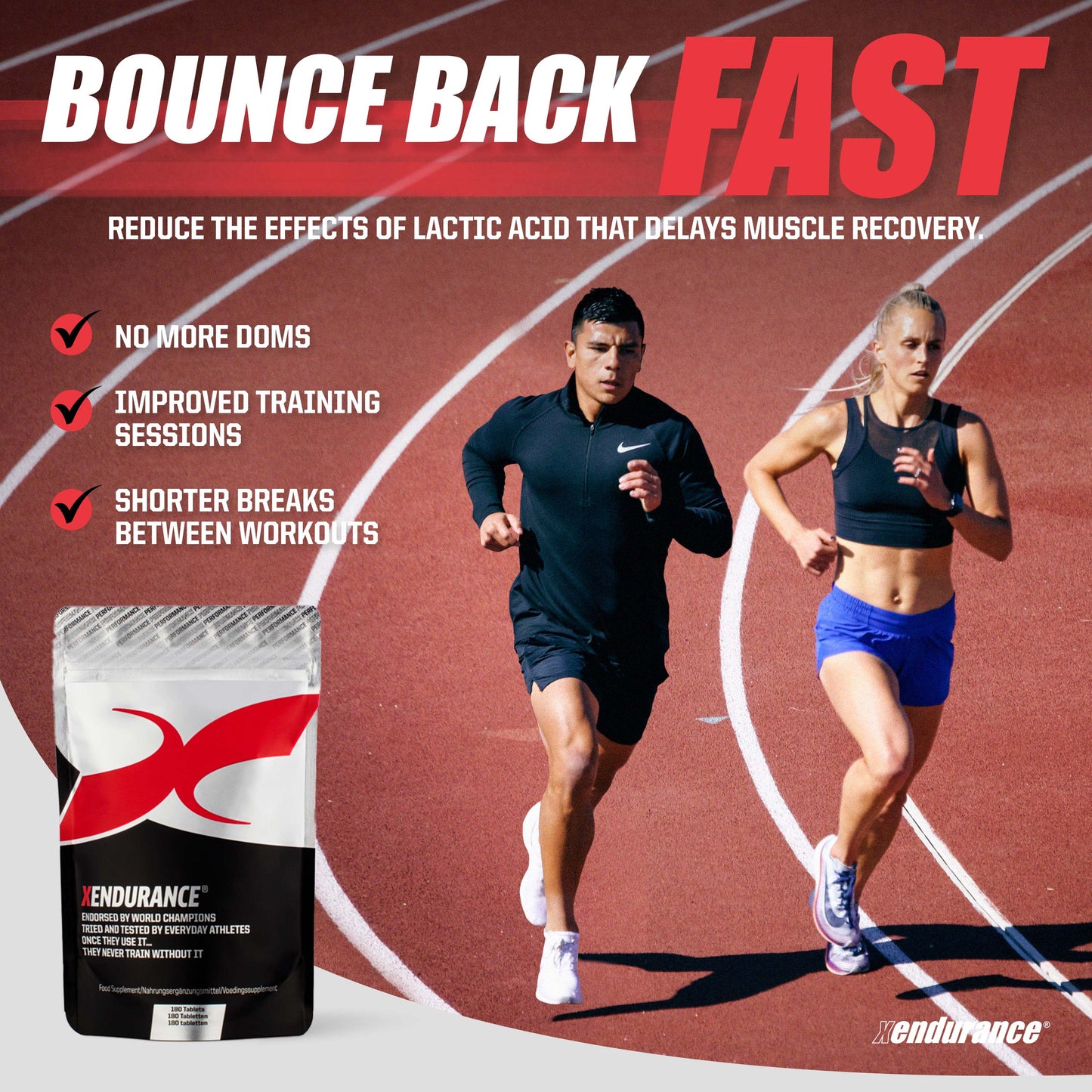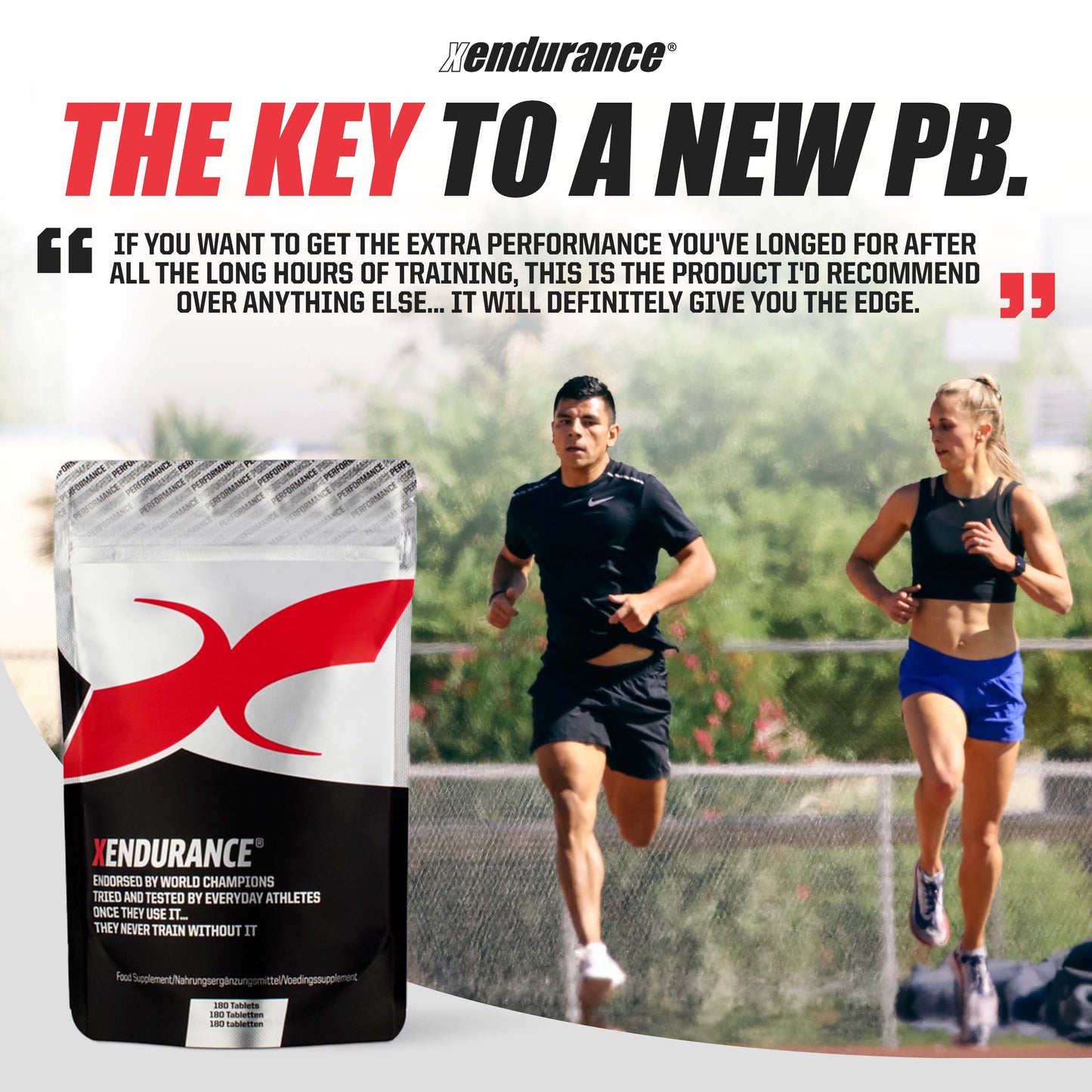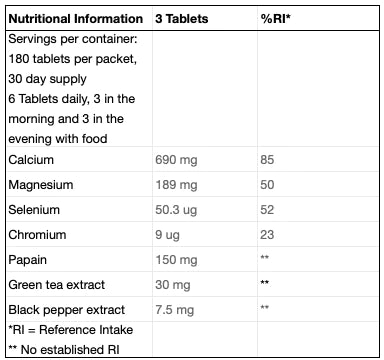Share
“And now that you don’t have to be PERFECT, you can be good” John Steinbeck.
For those Type A athletes the endless endeavour to be perfect can often interfere with simple good, consistent training and the resulting development of fitness and skill. It’s visible in the comments and feedback I receive from my athletes, in posts by athletes on social media streams including Strava, Instagram and Facebook. The software platform (Training Peaks) that we use to coach triathletes rewards them with a simple colour coding of red, amber and green. As you’d expect green means that a certain training session was completed as per the requirements. And so, as a result, athletes strive for a “green week” and get hung up one the red or amber sessions.
However, green does not always mean good, deviation from then plan may absolutely be the best thing for that person in that moment or indeed in the bigger scheme of things. So what do we do to support good decision making and ease the burden of seeking perfection and self-judgement on that basis?
Identify key sessions - not all of the training sessions in a given week, month or training cycle have the same importance. So its very useful to identify the more important ones and prioritise those. If time is short then you can be confident that the over-arching goals for the week have still been achieved if those sessions go well. The supporting sessions may need to be removed or reduced to suit.Understand the purpose of the workout - a good knowledge of the purpose of a workout, experience of how it should feel, appropriate use of training metrics will support good decision making. If a session is not going to plan then the athlete should be able to make changes that allow deviation from the plan without significantly impacting the goal or focus of the session.
Ensure an open coach/athlete relationship - plans are essential but the plan itself it useless unless its adapted and modified as necessary. For amateur athletes in particular this is required very frequently. However, it relies upon a close relationship between Coach and Athlete. Feedback on sessions allows the Coach to monitor subjective thoughts and feelings and to combine them with the data to make sound decisions and guide the athlete.
Understand the impact of ’stress’ - training stress is what produces positive benefits through physiological adaptations. But the stress response is similar irrespective of the source of the stress (physical, emotional, psychological etc…). And there is only a certain amount of stress that proves to be beneficial before it becomes harmful. If stress is high in other areas of life then training will likely suffer unless expectations are appropriately reduced.
Trust RPE and be kind to yourself - despite the huge advances in wearable technology and activity tracking, your perception of effort remains the most critical factor in training and racing. It’s inescapable! Accept that your body and mind vary from day to day and the targets of any session should allow for this. That is to say you should use zones rather than exact numbers. If you’re feeling great then you may be right up at the top of the target range and on days that you aren’t so good then you nay still be able to shoot for the low end. But ultimately the effort level has to feel about right for the type of workout. In this respect be kind to yourself, it simply isn’t be possible to be at your very best every single training session but nor do you have to be to make progress.
Foster patience and consistency - developing fitness or learning new skills takes time and repetition. Understanding this gives some focus to a session but reduces the importance that is placed on any one single session. No huge hero workouts needed, just be thoughtful and turn up time and time again.
Remember one session does not define you, whether good or bad. Aim to learn, to grow, to enjoy what you do in order to ensure continued progress in your sport. Strive too be better not to be perfect!






